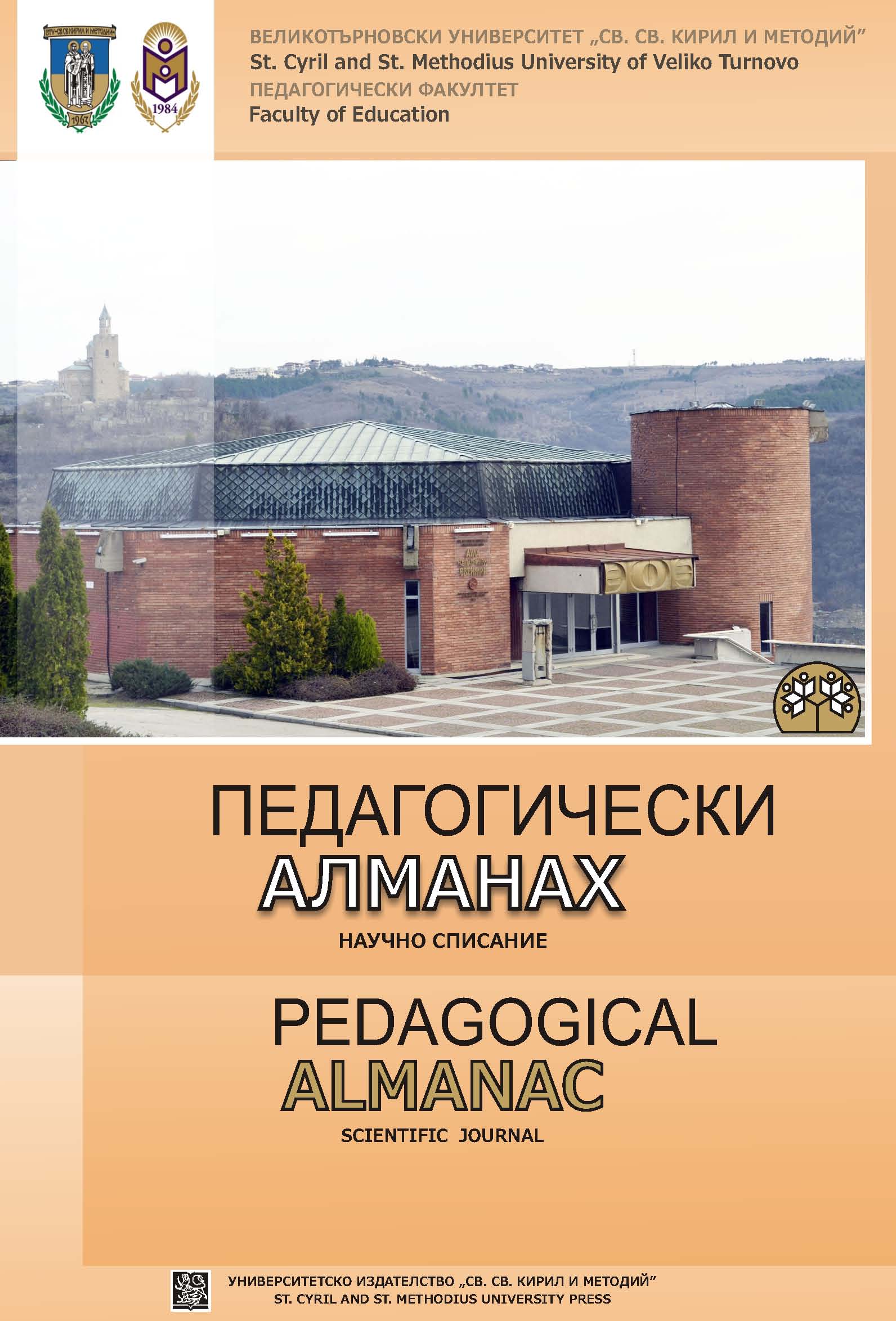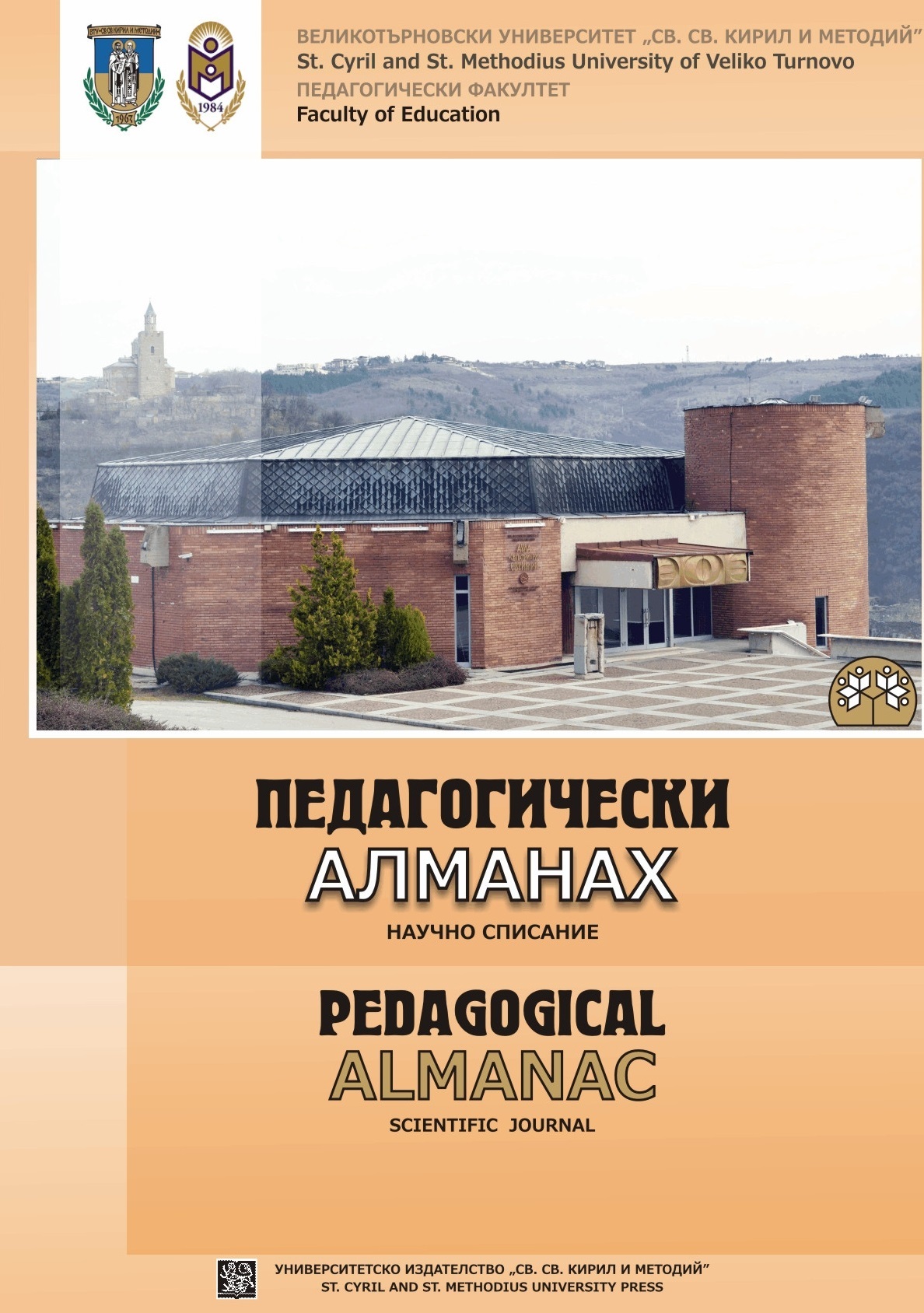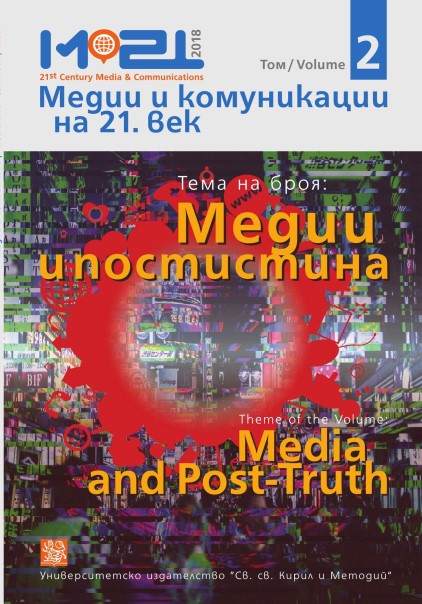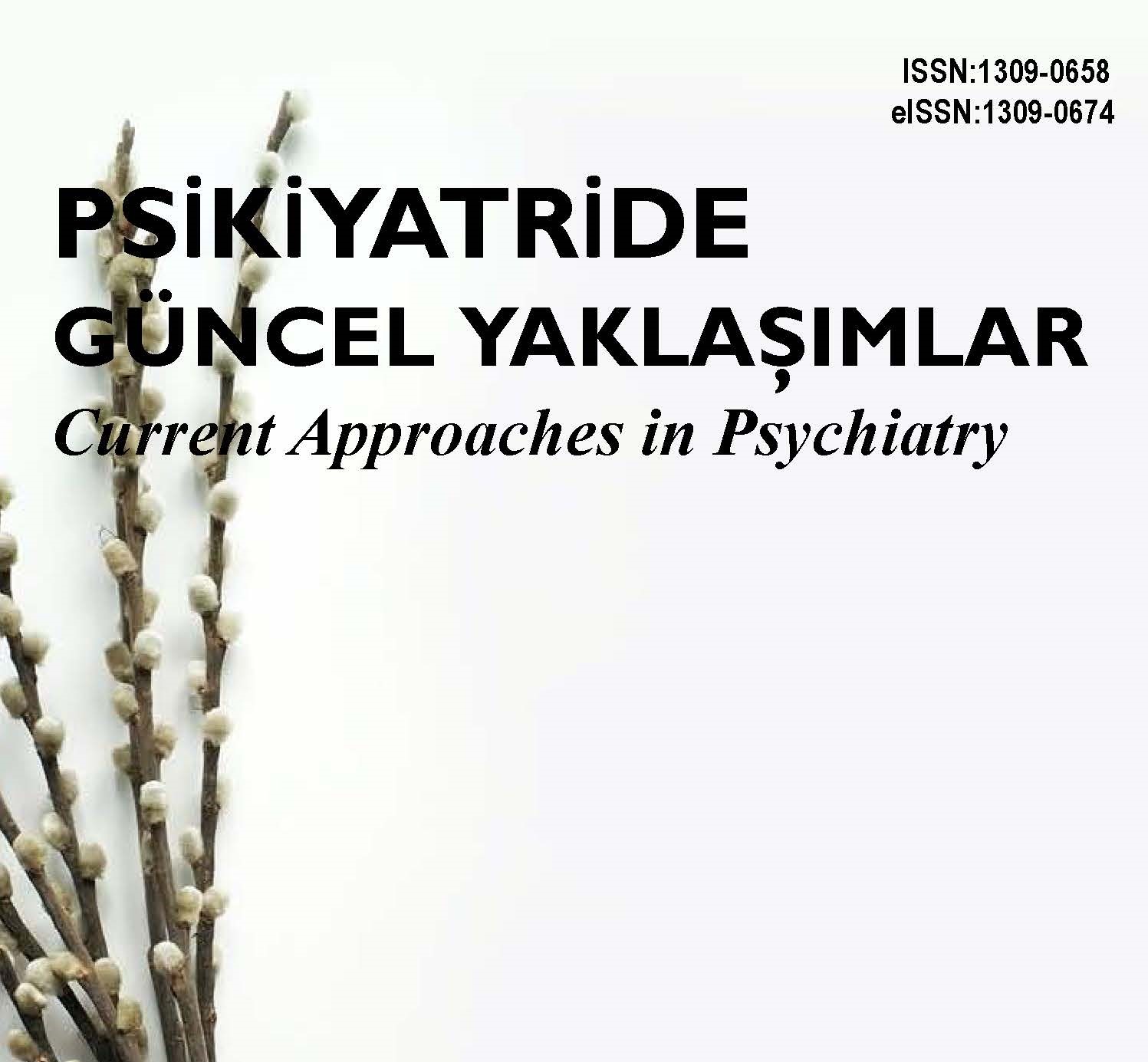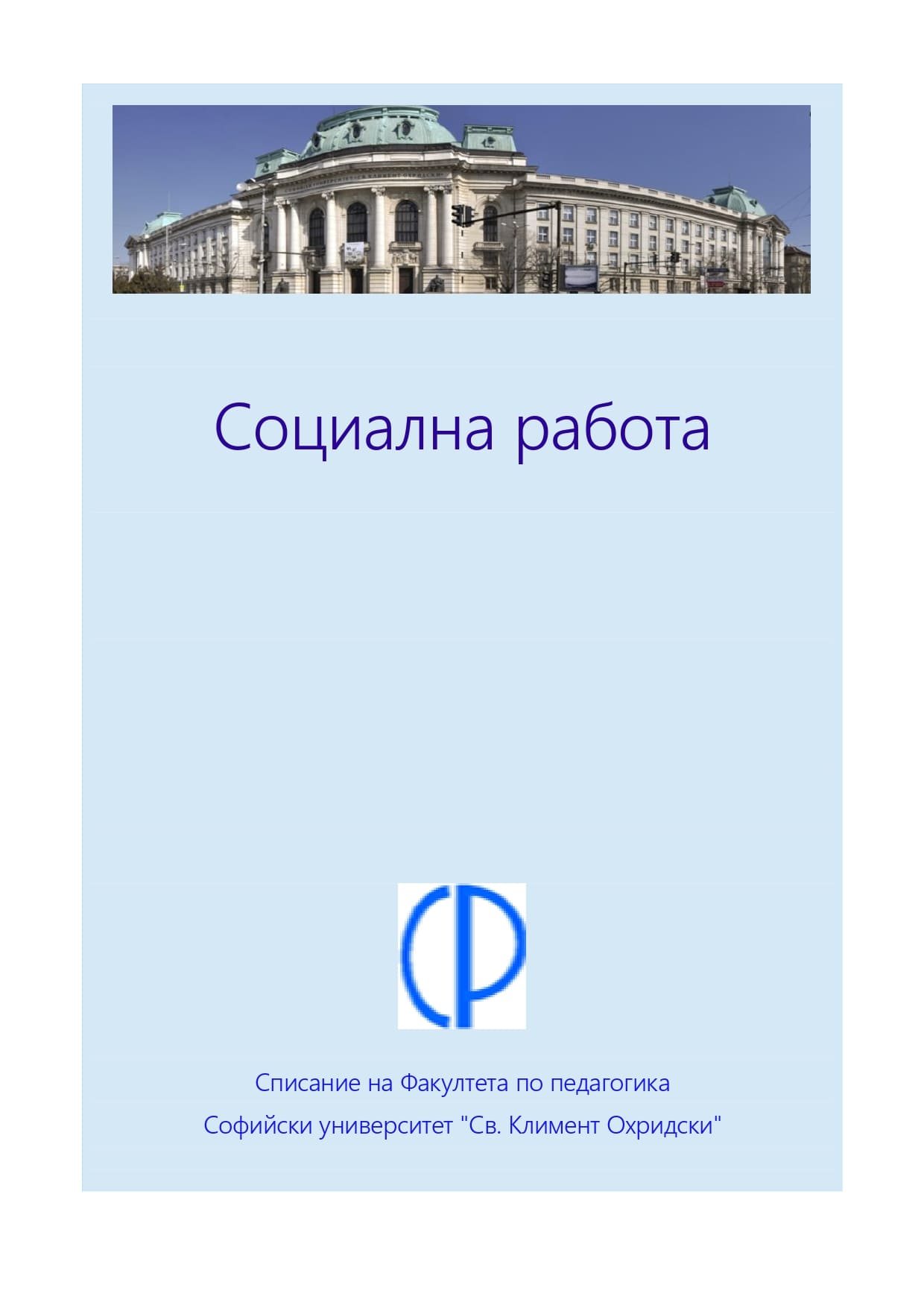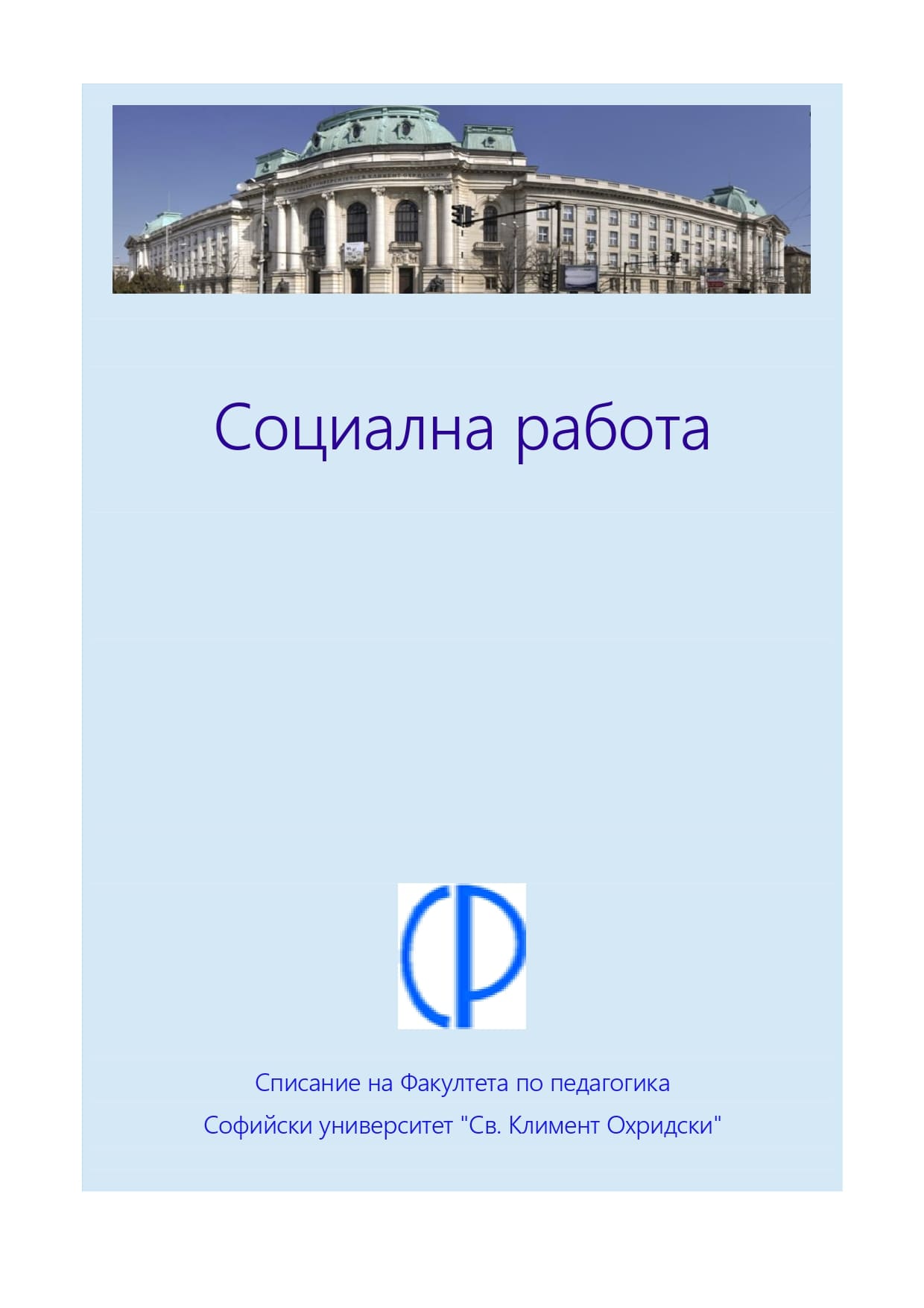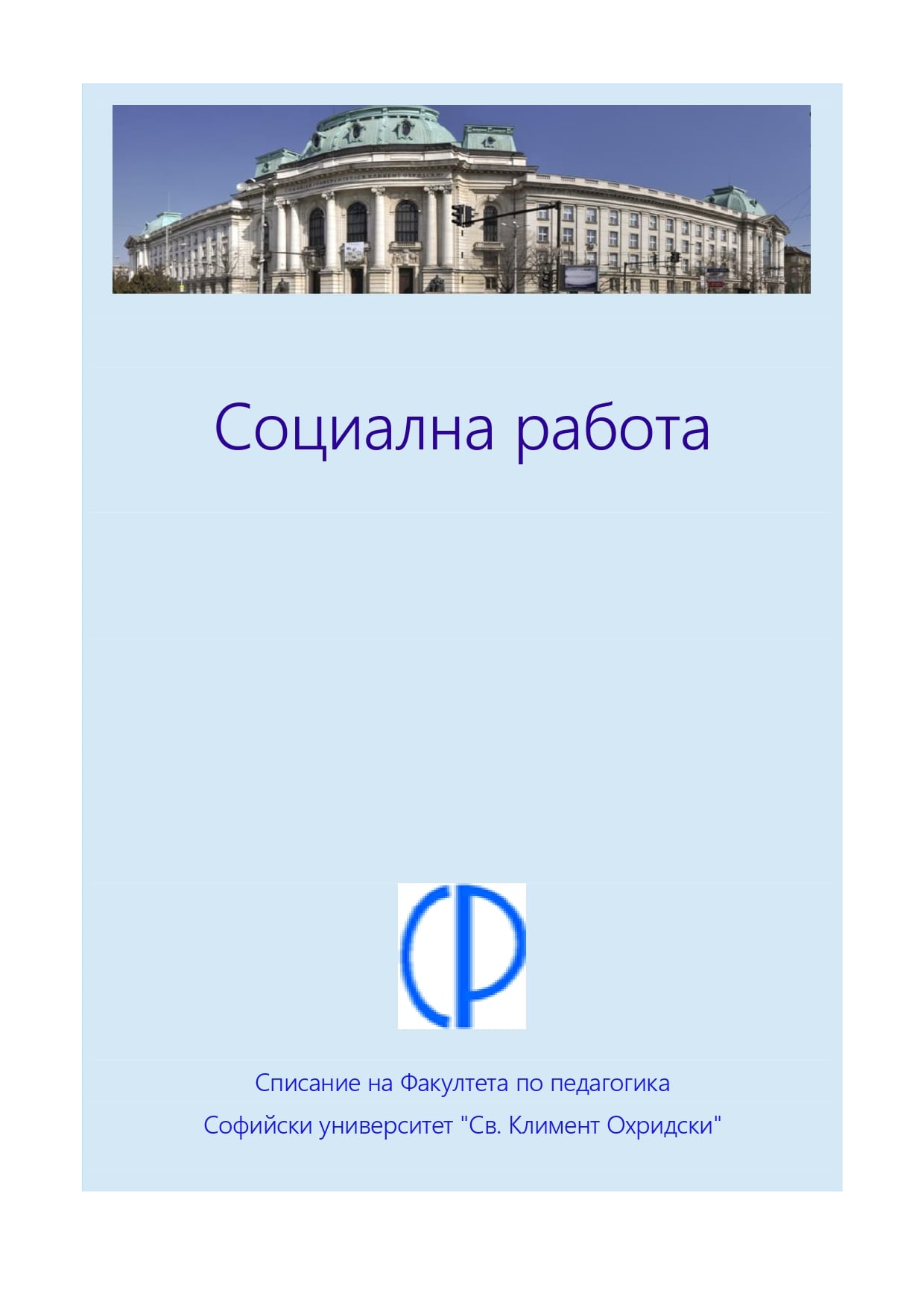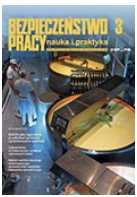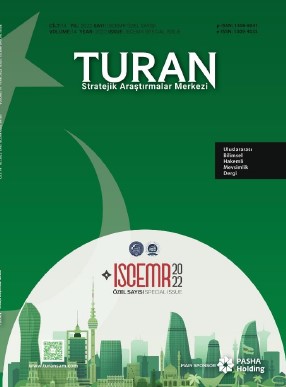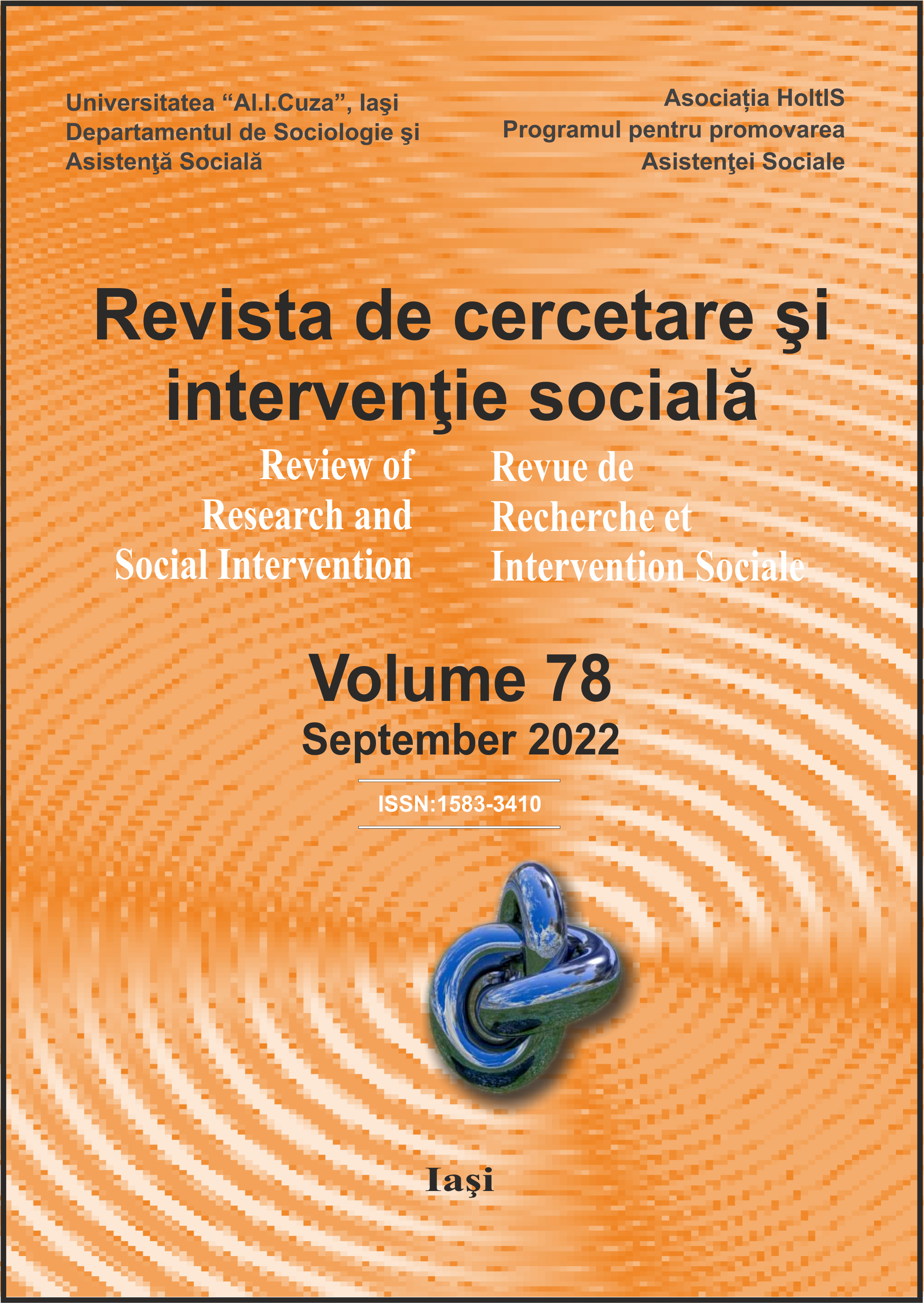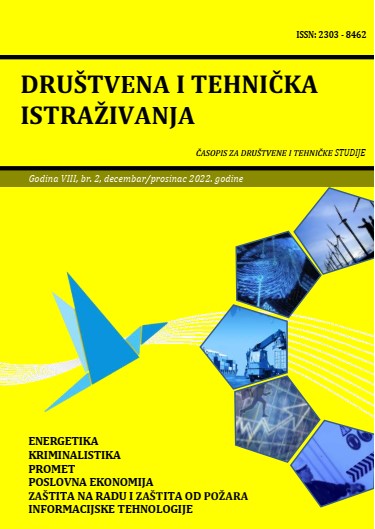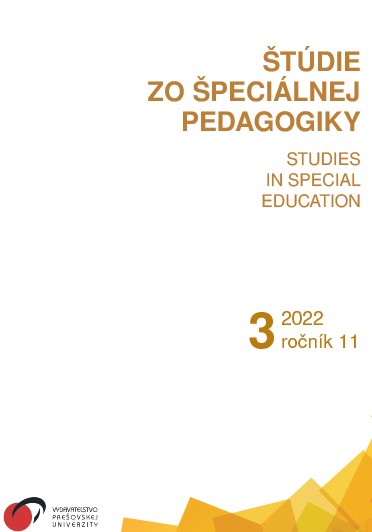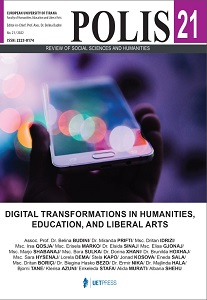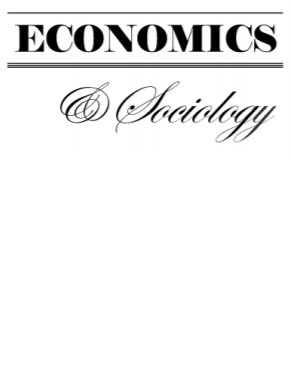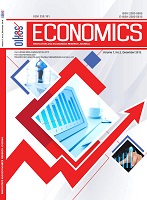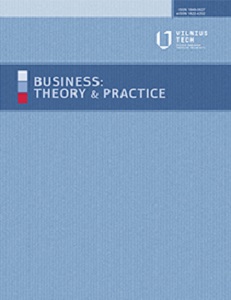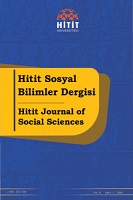Author(s): Krešimir Vencl,Slobodan Jamnić,Mato Pušeljić / Language(s): Croatian
Issue: 2/2022
In management theory, it is a well-known fact that only motivated and satisfied employees can give their maximum at the workplace, be effectively productive based on personal competences and contribute to the achievement of the organization's goals. It is not without reason that motivating employees as a component of leadership is one of the basic managerial tasks, i.e., cyclical functions. Leadership, among other things, includes creating a vision for employees to work towards and motivating employees to be effective. Therefore, we can state that motivating associates is a key aspect of managerial work, that is, management and motivation are inseparable in a practical sense. Motivation takes place in every individual and is an incentive to do something, on the contrary, the absence of motivation leads to spontaneity and the performance of entrusted jobs and tasks with the least possible effort. Usually, employee motivation factors are classified into material and non-material. Non-material motivating factors are numerous and can be enhanced in any organization regardless of the purpose of the organization's existence, and they differ from material ones in that they are not standardized. However, when enhancing non-material motivating factors, managers must approach each employee on a case-bycase basis and recognize non-material motivating factors and ensure their satisfaction. The police organization, through belonging to the system of the Ministry of the Interior in the Republic of Croatia, i.e., state administration bodies, is directed to a high degree of formalization and regulation of relations within the organization. Formalization is also present in terms of material motivating factors and applies to all state and civil servants in public legal entities. The basis of material motivation in the police organization is the salary, which is multi-component, but unfortunately there are no variable material factors that are present in the real sector determined by the workplace and work results. However, narrowed material factors oblige management in the public sector to maximize the numerous non-material factors at their disposal, and thus, in terms of motivation, they try to compensate for the lack of material factors. It has been proven that non-material factors significantly influence employee motivation, and realistically more than material factors, such as the way superiors treat colleagues, that is, the established and externally recognizable organizational climate and culture, as well as interpersonal relations in the organization. It is precisely the wealth of non-material forms of motivation that represents an inexhaustible source that public management can effectively use so that employees are maximally dedicated to the goals of the organization with all their knowledge and abilities. Non-material factors of motivation are determined by the personality, knowledge and skills of the manager and not by formal factors, therefore, they are not prescribed, and their enhancement is a matter of skill of each manager.
More...
